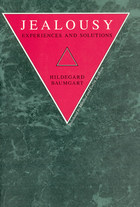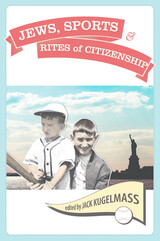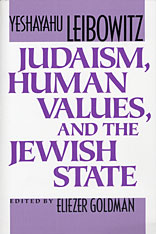4 start with J start with J

Hildegard Baumgart, a practicing marriage counselor, pursues a multilayered exploration of jealousy that is at once public history, based on literary and cultural records, and private history, drawn from individual clinical cases and psychoanalytic practice. In the process she discovers provocative new answers to two central questions: How can one understand jealousy, whether one's own or another's?
Baumgart focuses on the fear of comparison with the rival that motivates much jealousy, and she shows how this idea is, in fact, built into both mythology and theology. She adroitly combines a rich array of documentation and evidence: detailed, clinical descriptions of the classic dilemmas of love triangles; a history of the concept of jealousy in the Judeo-Christian tradition; examples from the lives and writings of a fascinating gallery of authors (Shakespeare, Tolstoy, and Goethe, among others); discussions of Freud's writings on jealousy and of later psychoanalytic methodologies such as systems analysis, paradoxical intervention, and communications theory.
Throughout her narrative, Baumgart writes with compassion and feeling. Drawing on her personal experience of jealousy, her own psychoanalysis, and anecdotes from her counseling work and the clinical literature at large, she presents many fascinating vignettes of the painful—sometimes crippling—effects of jealousy as seen from the standpoints of both sufferer and therapist. What is more, she offers sensitive and sensible solutions to the problem of jealousy.
Baumgart's intriguing tapestry of the varied manifestations and interpretations of jealousy gives extraordinary resonance to the case histories she describes. In providing such a panoramic view, Jealousy invites everyone—analysts, counselors, sociologists, jealous lovers, and avid readers of advice columns—to reconsider both the cultural significance and personal meaning of this universal emotion.


Jewish ecological discourse has shown that Judaism harbors deep concern for the well-being of the natural world. However, the movement has not articulated a Jewish theology of nature, nor has it submitted the sources of Judaism to a systematic, philosophical examination.
This volume intends to contribute to the nascent discourse on Judaism and ecology by clarifying diverse conceptions of nature in Jewish thought and by using the insights of Judaism to formulate a constructive Jewish theology of nature. The twenty-one contributors consider the Bible and rabbinic literature, examine the relationship between the doctrine of creation and the doctrine of revelation in the context of natural law, and wrestle with questions of nature and morality. They look at nature in the Jewish mystical tradition, and they face the challenges to Jewish environmental activism caused by the tension between the secular nature of the environmental discourse and Jewish religious commitments.

A biochemist by profession, a polymath by inclination and erudition, Yeshayahu Leibowitz has been, since the early 1940s, one of the most incisive and controversial critics of Israeli culture and politics. His direct involvement, compelling polemics, and trenchant criticism have established his steadfast significance for contemporary Israeli—and Jewish—intellectual life. These hard-hitting essays, his first to be published in English, cover the ground Leibowitz has marked out over time with moral rigor and political insight. He considers the essence and character of historical Judaism, the problems of contemporary Judaism and Jewishness, the relationship of Judaism to Christianity, the questions of statehood, religion, and politics in Israel, and the role of women. Together these essays constitute a comprehensive critique of Israeli society and politics and a probing diagnosis of the malaise that afflicts contemporary Jewish culture.
Leibowitz’s understanding of Jewish philosophy is acute, and he brings it to bear on current issues. He argues that the Law, Halakhah, is essential to Judaism, and shows how, at present, separation of religion from state would serve the interest of halakhic observance and foster esteem for religion. Leibowitz calls the religious justification of national issues “idolatry” and finds this phenomenon at the root of many of the annexationist moves made by the state of Israel. Long one of the most outspoken critics of Israeli occupation in the conquered territories, he gives eloquent voice to his ongoing concern over the debilitating moral effects of its policies and practices on Israel itself. This translation will bring to an English-speaking audience a much-needed, lucid perspective on the present and future state of Jewish culture.
READERS
Browse our collection.
PUBLISHERS
See BiblioVault's publisher services.
STUDENT SERVICES
Files for college accessibility offices.
UChicago Accessibility Resources
home | accessibility | search | about | contact us
BiblioVault ® 2001 - 2024
The University of Chicago Press









